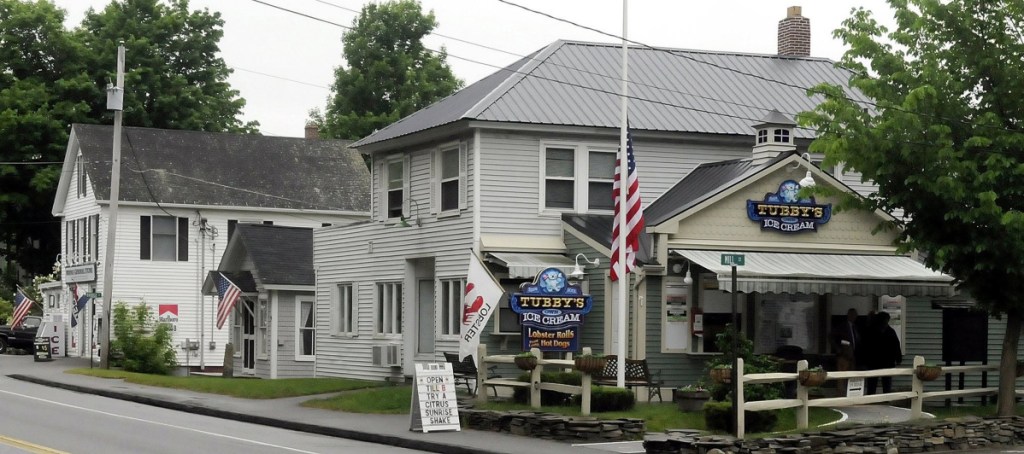My father enlisted late in World War II and by the time his troopship arrived in the Philippines, the war was all but over. He spent about six months there, saw no conflict and returned home to Maine with a few souvenir Japanese swords and a bad case of malaria.
Before he arrived home, my mother intercepted a love letter from a Philippine lady. That made for a somewhat rocky homecoming, along with my father’s earlier decision to go off to war a month after I was born, leaving my mother alone to deal with me and four additional young siblings.
My eldest brother enlisted in the early 1950s, during the Korean Conflict, after having quit college. He was about to ship out for combat duty when a buddy from his hometown spotted his name on the manifest and diverted him to Verdun France, where he spent a safe and secure tour before returning home with a French wife on his arm and a souvenir ammunition belt, complete with bayonet for me.
I was in high school when President Kennedy announced the formation of the Peace Corps in the early 1960’s and it seemed to me a wonderful way to travel to another part of the world, to learn a new language and culture, and help people less fortunate. It was also a way to serve one’s country without getting killed.
The Vietnam War was heating up while I was in college and the draft had been instituted. I was allowed a deferment as a college student and upon graduating, my wife and I volunteered for service in the Peace Corps and were sent to El Salvador, a tiny nation so small that we rushed off to the library to find an atlas.
We were sent to a small town in the mountains, a grueling six-hour bus ride from the capital. While living there, I had a seizure, and was sent to Washington for extensive testing. I was diagnosed with epilepsy and declared 4-F (unfit for combat) but was allowed to finish my two-year tour in El Salvador. While in Washington, and alone in my hotel room, I turned on the TV and began watching the Democratic Convention; I had been out of touch with events in the US and was shocked by the rioting and the angry mood the country was in. I left Washington and flew back to Maine and asked family and friends to explain what the hell was going on. It was a homecoming I needed in order to better understand the situation and to put it in context. There was no better place to do so than here in Maine.
I returned to El Salvador and filled in my wife on what was happening. Several months later, we drove home, choosing not to take a left-hand turn for California like many our age. Instead, we hung a right and came home to Maine for good, to settle in, to raise a family, and to teach others what we had learned.
As the poet Sam Foss so eloquently put it: “Let me live in a house by the side of the road and be a friend to man.”
Meetinghouse is a community storytelling project hosted by the Maine Sunday Telegram.
Read more stories from Maine at www.centralmaine.com/meetinghouse
Comments are not available on this story.
Send questions/comments to the editors.


